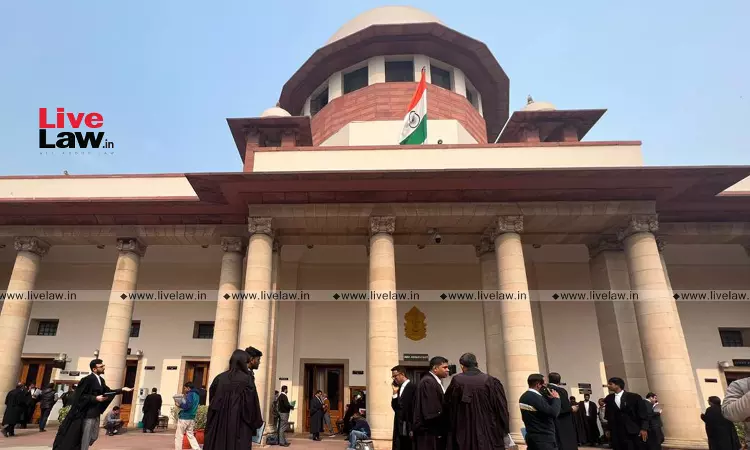Supreme Court Reserves Judgment On Plea Challenging Practice Of Conferring Senior Designation On Advocates
Gyanvi Khanna
4 Oct 2023 4:57 PM IST

Next Story
4 Oct 2023 4:57 PM IST
The Supreme Court on Wednesday (October 4) reserved its judgment in a plea challenging the system of designating advocates as “senior” under Sections 16 and 23(5) of the Advocates Act, 1961 (Act).The petition was moved by Advocate, Mathews J. Nedumpara, who argued that such designation has created a class of advocates with special rights, and the same has been seen as reserved only for...
